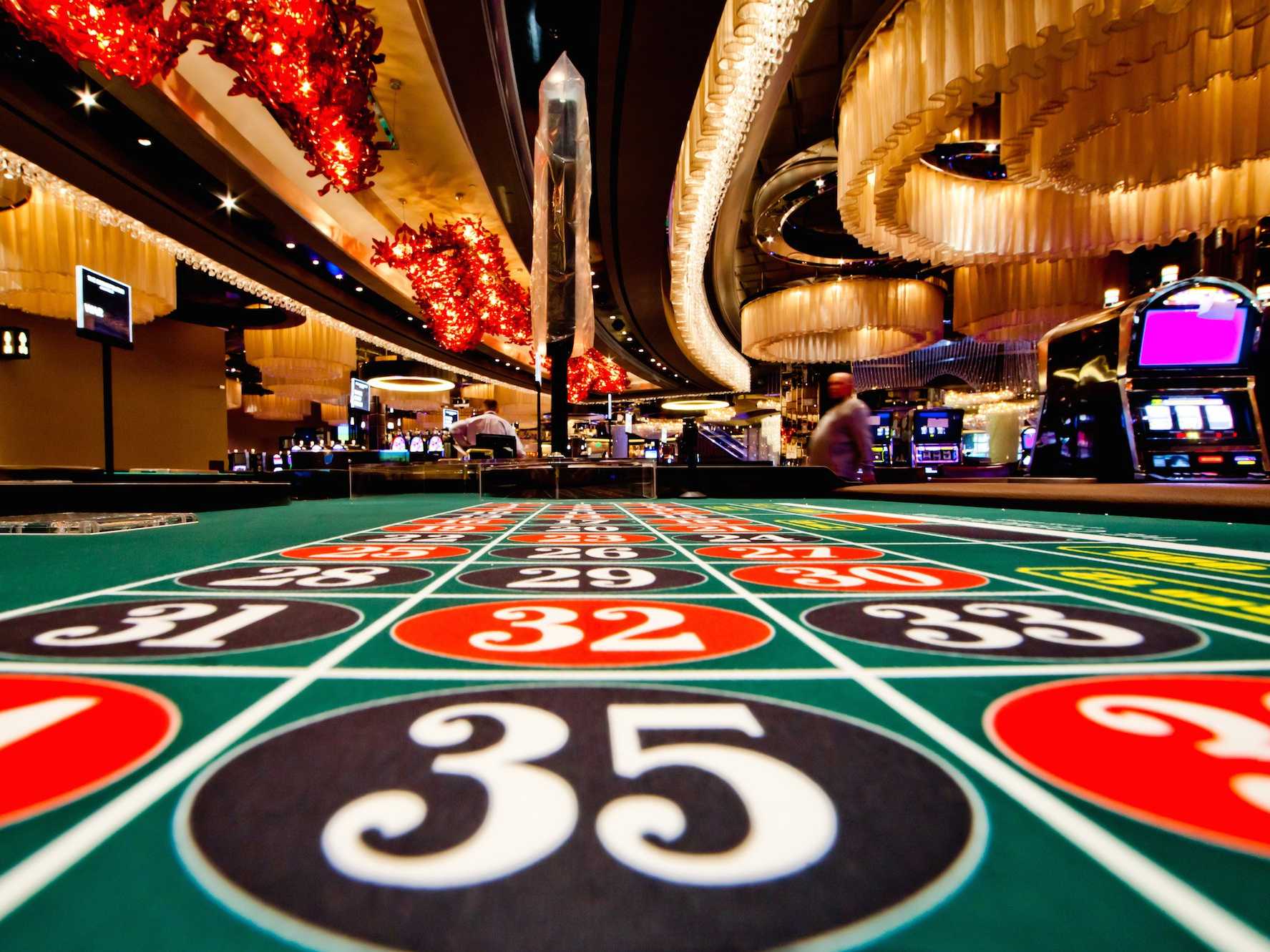
In the vibrant world of casinos, in which the atmosphere humms with excitement and the clinking of tokens permeates the space, the position of a dealer is both crucial and fascinating. Every day, these experienced professionals step into a realm where fortune and tactics intertwine, guiding players through the ups and downs of their chosen casino titles. From card games like blackjack and texas hold ’em to the revolving wheels of roulette, dealers facilitate the action while guaranteeing that each game runs smoothly and fairly.
As the day breaks on another busy day, a casino dealer gets ready to immerse themselves in this vibrant setting. Their responsibilities extend beyond just distributing cards or turning a roulette wheel; they are also performers, service providers, and keepers of the game regulations. Each shift brings new obstacles and interactions, making every day unique in the life of a casino dealer. bl555 This behind-the-scenes look will explore the day-to-day operations of a casino dealer, highlighting the skills and experiences that make this career both exciting and rewarding.
The Role of a Casino Table Croupier
A gambling table croupier is at the core of the gaming experience, orchestrating the flow of the play while ensuring that players are engaged and enjoying themselves. Their main responsibility is to manage the game, which includes distributing cards, spinning the wheel, or handling the chips, depending on the type of game being played. Croupiers must have a thorough understanding of the regulations and regulations governing each type of game, while also upholding a welcoming and welcoming demeanor to improve the gambling atmosphere.
In addition to managing the play, dealers must also keep a close watch on the players and the environment around the table. This entails watching for any indications of cheating, ensuring that everyone is following the guidelines, and addressing any disputes that may arise among players. Effective communication skills are vital, as croupiers often give explanations about the game’s mechanics and offer assistance to those who may be new to gambling games.
Furthermore, a dealer’s role extends past just the mechanical aspects of the game. They play a crucial part in creating an enjoyable experience for the players. This requires establishing a connection with patrons, being attentive to their wants, and often adding an aspect of fun into the game. It’s this mix of skill, alertness, and people skills that makes the position of a casino table croupier both demanding and rewarding in the vibrant world of gambling games.
Daily Responsibilities and Challenges
One of the primary responsibilities of a casino game dealer is to manage the multiple games provided at their table, ensuring a seamless and enjoyable experience for players. Dealers must be adept at distributing cards, counting chips, and maintaining the flow of the game. This requires a deep understanding of the regulations of each game, from blackjack to roulette, and the ability to address players’ questions while keeping the game progressing. Attention to detail is paramount, as dealers must monitor bets, pay out winnings accurately, and watch for any cheating or discrepancies at the table.
In addition to supervising the game per se, dealers encounter challenges such as dealing with difficult players. The casino environment can be tense, particularly during high-stakes games, and a dealer must remain composed and maintain professionalism at all times. They need strong interpersonal skills to navigate interactions with players who may be upset about losses or dissatisfied with the game’s pace. Navigating these situations delicately is crucial in ensuring a friendly atmosphere on the casino floor.
Another significant responsibility is maintaining the honesty of the game. Dealers must be vigilant and observant, watching for any signs of collusion or cheating among players. This entails not only a strong knowledge of the games but also an awareness of human behavior. They must also adhere to the casino’s regulations and procedures, taking part in regular training sessions to keep updated on rules and protocols. Balancing these responsibilities while providing top-notch customer service is what makes the role both difficult and rewarding for a dealer in a casino.
Qualities and Skills for Achievement
A proficient casino game dealer must have excellent communication skills. This includes not only the ability to clearly explain game rules and procedures to gamblers but also the capacity to connect with them in a approachable and competent manner. Cultivating rapport with guests can enhance the gaming experience and promote repeat visits to the casino. Effective communication enables dealers to manage tables efficiently while ensuring that players feel appreciated.
Furthermore, robust mathematical skills are essential for a dealer. Quick calculations are often required to monitor bets, payouts, and game outcomes in the moment. A dealer’s ability to perform these calculations accurately and swiftly adds to the overall efficiency of the game. This skill helps in maintaining the flow of play and in minimizing disputes or misunderstandings with players, which is crucial in a fast-paced casino environment.
Lastly, an ideal casino game dealer should demonstrate integrity and professionalism at all times. Trust is a key component of the gaming experience, and players must feel confident that the games are conducted equitably and openly. A dealer’s commitment to upholding high ethical standards fosters a welcoming atmosphere at the table and enhances the casino’s standing. Being consistent in behavior ensures that dealers leave a enduring impression on guests, which can lead to a dedicated customer base.
